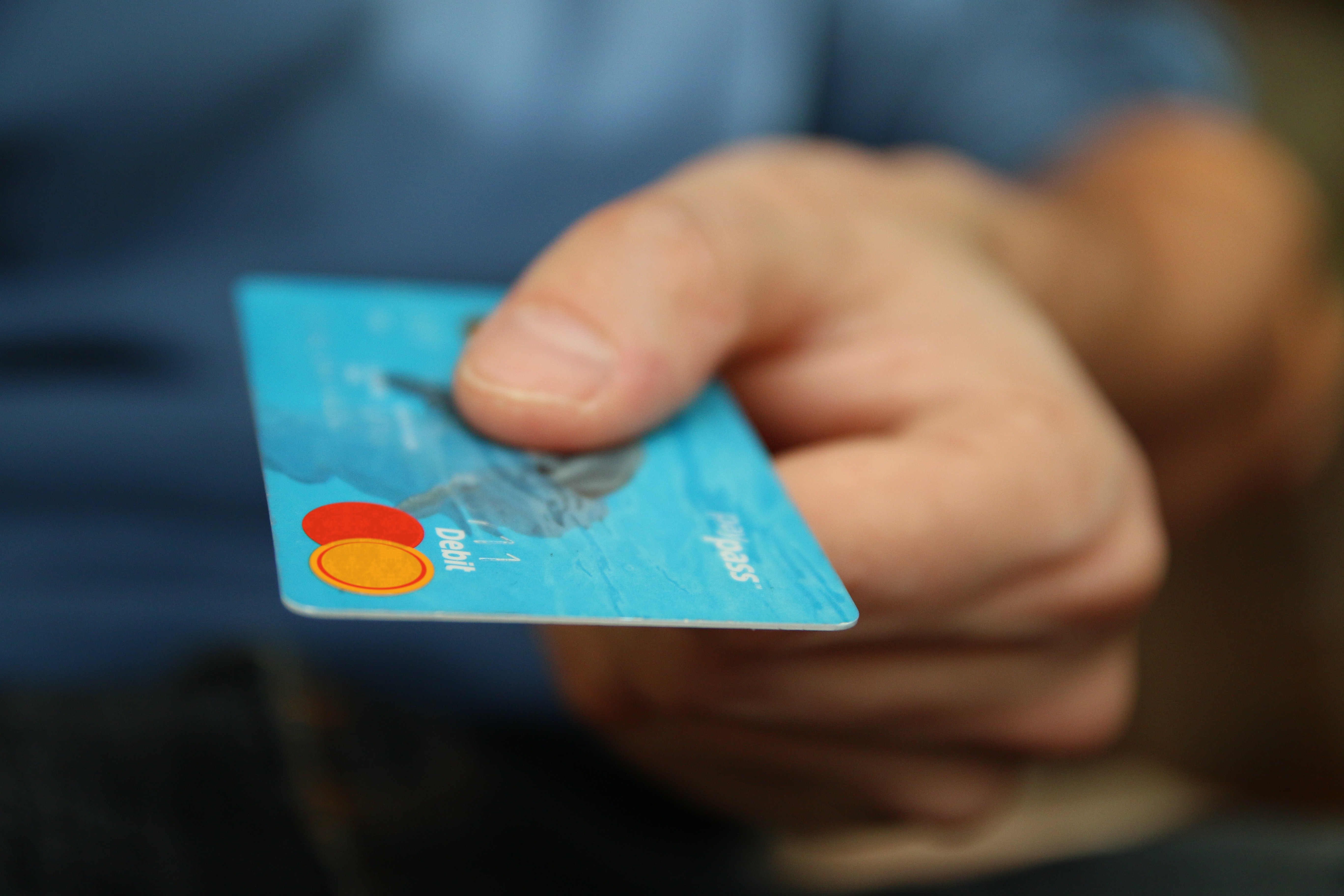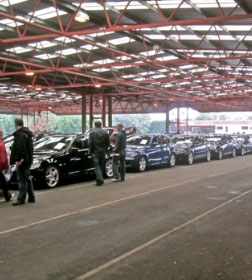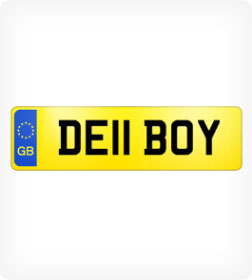Car auctions can be a little intimidating to newcomers, but once you’re comfortable they can be a lot of fun and make you some good money if you get the right motors at the right prices. Here’s our beginner’s guide.
DO YOUR HOMEWORK
You can review and research the cars on offer before the auction starts by looking at printed catalogues or online. Once you’ve identified potential motors and read the descriptions, condition and histories, further research is recommended, such as checking the current market values to determine your budget.
At the auction, you will usually get a chance to see the cars before bidding starts, so you can make your final decision as to whether or not you’ll go for it, and to what limit.
DURING THE AUCTION
During the auction, the auctioneer will always introduce each car and provide a little more information, so listen carefully as what’s said at this stage is important and can sometimes help you make or change a decision to bid.
Listen out for things like “sold as seen”, “specified faults” and “no major mechanical faults” to help inform your bidding decision.
Cars usually go up in £100 or £200 jumps, but more is likely for higher value vehicles.
CAR AUCTION KEY TERMS:
- No major mechanical faults – the vehicle should not have any major faults in the engine, gearbox, clutch, brakes, steering or transmission.
- Specified faults – the auctioneer reads out particular defects notified by the seller.
- Sold as seen (and with all its faults if any) – the vehicle is for sale as it is, with no warranties whatsoever by the seller. Without Warranty means exactly the same.
- On an engineer’s report – the vehicle has been examined by an engineer and is sold on the description contained in the report.
List taken from whatcar.com
BIDDING
Different auction houses may have different rules, so you should look into yours as part of your homework before attending.
Most auctions accept bids with a raised hand or catalogue, so be careful not to accidentally bid your life savings by waving to somebody.
Payment methods, bid rules and other elements of “best practice” will be detailed to help you, although you may want to attend a couple of auctions without buying to get a feel for things if you’re new.
COLLECTING YOUR CAR(S)
If you win a car, you will usually be asked to pay a deposit before completing the purchase and signing all the necessary documents. Be prepared to pay fees to the auction house too as this is how they make their money. It’s usually around 5% and you should factor this into your budget.
The car is now yours, so it’s up to you to ensure they are properly taxed, road legal and insured. Lots of auction houses provide a one-day service of this type to allow you to get the car home.
Get a quote
With Tradesure’s 50+ years of experience providing motor trader cover, we’ll help you make sure you’re properly covered. We specialise in all kinds of motor trade insurance. For a quick competitive quote, get in touch below.




